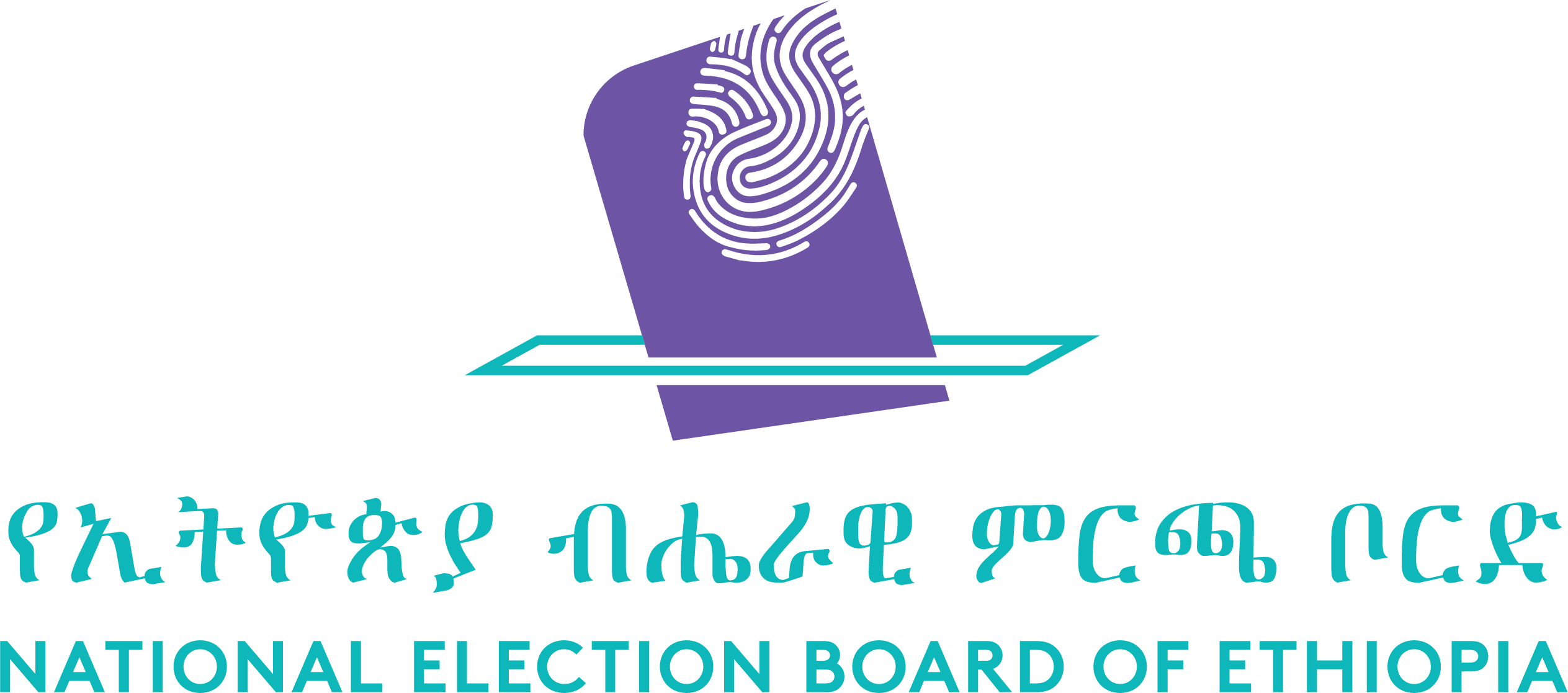Roundtable to optimize civil society engagement in elections organized by the National Election Board of Ethiopia (NEBE)
On November 28, 2024, the National Election Board of Ethiopia (NEBE) organized a roundtable discussion with several NGOs, bilateral, multi-donor civil society support program managers and other Organizations supporting civil society.
The objectives of the roundtable were to: reaffirm NEBE’s commitment to continue partnership with civil society; share NEBE’s experiences and challenges in partnering with civil society organizations during elections (Civic and Voter Education/CVE, Organizing election debates, ensuring Gender Equality and Social Inclusion and Election Observation); to provide updates about NEBE’s election activities and to agree a way forward about the continuity of such a platform to, jointly, consult and devise mechanisms to support civil society in a sustained manner during elections.
The Chairperson of NEBE, Mme Melatwork Hailu, delivered the formal opening speech, emphasizing the critical role of civil society in democratization processes, specifically during elections as well as the important role civil society plays in informed voters engagement safeguarding public interest, ensuring participation and inclusion as well as proposing electoral reforms. Mme Bizuwork Ketete delivered the welcome and keynote address and clarified the objectives of the roundtable while also stressing the value addition of civil society’s engagement in educating citizens about rights and responsibilities, holding institutions accountable.
The roundtable served as a platform to enhance collaboration between NEBE and CSOs to strengthen democratic processes and ensuring the effective implementation and election related reforms.
The roundtable also provided an opportunity for the Ethiopian Civil Society Council (ECSCO) and the Coalition of Ethiopian CSOs for Elections (CECOE) to share their experiences, perspectives and challenges facing civil society engagement in elections and, broadly, in democratization processes. Both networks stressed the importance of an enabling civic space, the importance of sustained financial and technical support as well as coordination and complementarity of efforts of multiple stakeholders and partners. 20 donor partners attended the roundtable; these donor partners shared information about their work in collaborating and supporting civil society.
The roundtable concluded by plenary discussions and consultations co-chaired by Board members Dr Aberra Degefa and Mme Bizuwork
The participants at the roundtable raised important issues such as the importance of inclusion and an enabling operating environment, the need to strengthen election observation and monitoring, the need for NEBE to sharpen its strategies for CVE and election observation, the need for timely election information to enable better planning, to improve and ease accreditation processes, the need to map CSOs engaged in elections and the importance of recognizing well-performing CSOs, the importance of mapping donors supporting CSOs to avoid duplication of resources and, importantly, the necessity of continuous support beyond election-time. Finally, it was agreed that such roundtables should continue
